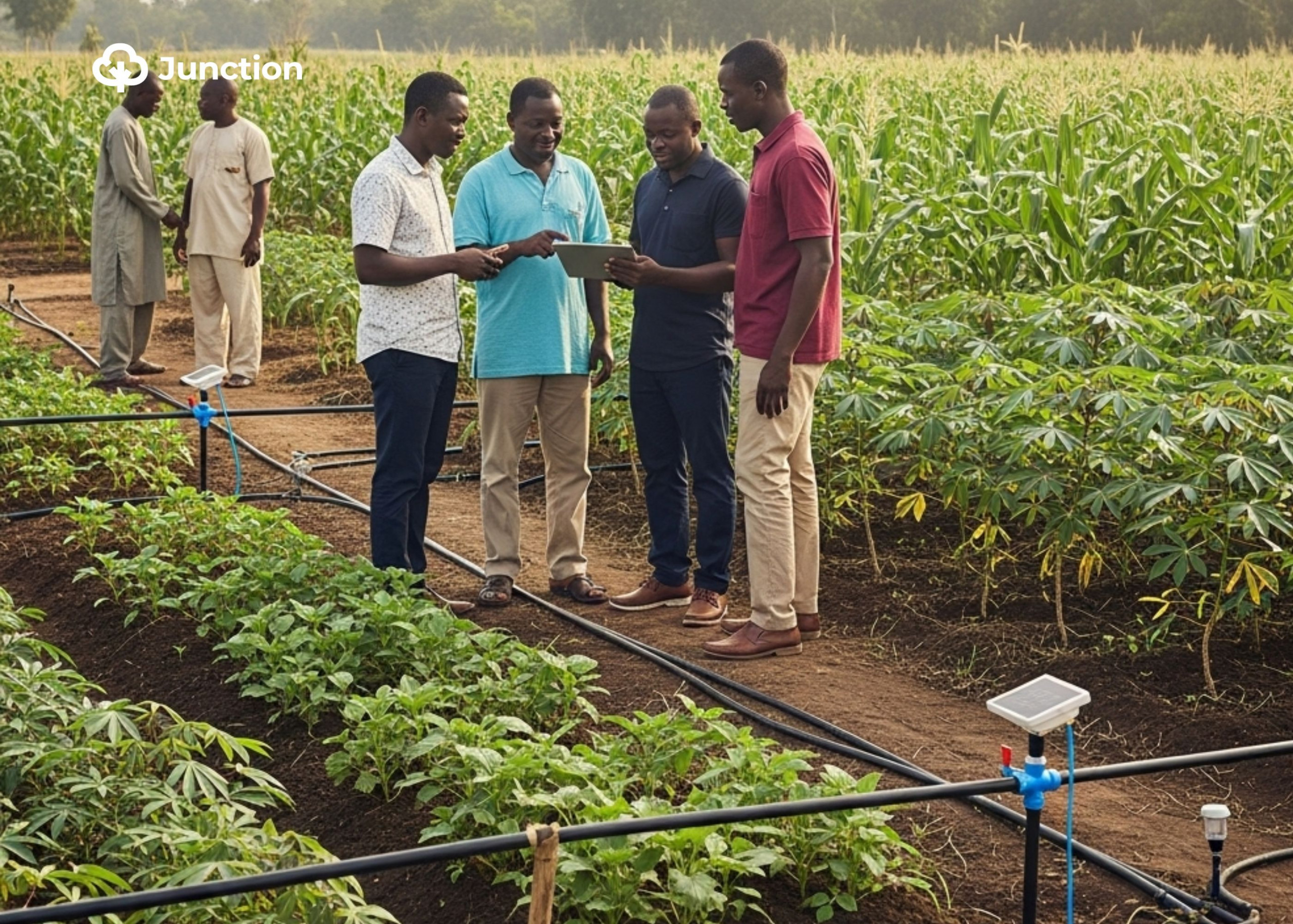News in Brief:
– A crop expert urges Nigerian farmers to adopt climate-smart agriculture practices to combat the adverse effects of climate change on food production.
– He provides a roadmap for building resilience and ensuring sustainable productivity in the face of unpredictable weather patterns.
A crop expert and agronomist, Aniedi Essien, has stressed the critical need to move beyond outdated practices and embrace climate-smart agriculture for sustainable food production in Nigeria.
The Lagos-based crop expert is sounding the alarm and offering a roadmap for farmers to adapt and thrive in light of the unprecedented challenges facing Nigeria’s agricultural sector.
A call for climate-smart agriculture
Essien explained that climate change has significantly impacted weather patterns and related parameters, leading to a shift in the traditional farming calendar.
“Changes in rainfall distribution, temperature, and humidity across seasons have made conventional farming practices less reliable,” he said.
To adapt to these new realities, there is a growing need for climate-smart agricultural practices that move beyond traditional methods.
Research indicates that rising temperatures, erratic rainfall patterns, and increased extreme weather events are significant obstacles for food production in the country. Farmers in the field are also confirming these incidents that threaten their livelihoods.
Nigeria’s agricultural sector, which is heavily reliant on rain-fed farming, is particularly vulnerable to climate variability.
Soil protection and preservation for climate-resilient farming
Stressing the foundational role of soil health in climate-resilient farming, Essien advised that farming activities must be restructured to promote soil protection strategies. These strategies will enhance soil nutrients, preserve moisture, and improve organic matter content for sustainable productivity.
Soil degradation, particularly soil erosion, is a widespread problem in Nigeria that significantly impacts agricultural productivity and rural prosperity. Climate-change-induced uneven weather patterns, causing flood and drought, have cost farmers billions in loss.
Furthermore, addressing the critical issue of water scarcity, Essien offered practical solutions for moisture retention.
“Preserving soil moisture is equally critical. Techniques such as mulching, planting drought-tolerant crop varieties, and using organic amendments help retain water in the soil, especially during dry spells,” he stated.
The agronomist highlighted drip irrigation systems and rainwater harvesting as means to enhance water use efficiency and reduce evaporation.
Integrated soil management: minimising erosion and degradation
Essien also elaborated on the benefits of integrated soil management to ensure sustainable agricultural productivity in the face of climate change.
“Soil protection involves minimising erosion, compaction, and degradation through conservation practices such as minimum tillage, cover cropping, contour farming, and agroforestry,” the agronomist insisted.
These approaches help maintain soil structure, prevent nutrient loss, and reduce the impact of extreme weather events.
The power of organic matter
Additionally, the crop expert listed the power of organic matter in sustainable farming.
- Improving organic matter content enhances soil fertility and structure.
- Incorporating compost, green manure, crop residues, and animal manure into the soil boosts microbial activity and nutrient cycling.
- Organic matter acts like a sponge, increasing the soil’s water-holding capacity and resilience to stress.
In conclusion, Essien’s call for a climate-smart revolution in Nigerian agriculture is a critical imperative for the nation’s food security and economic stability.
Analysts believe that this can be achieved by embracing integrated soil management, moisture preservation techniques, and the power of organic matter, thereby ensuring prosperity even in the face of a changing climate.



